On December 16, the German Parliament approved Chancellor Olaf Scholz's request to withdraw confidence in him and the government, thereby paving the way for an early general election on February 23.
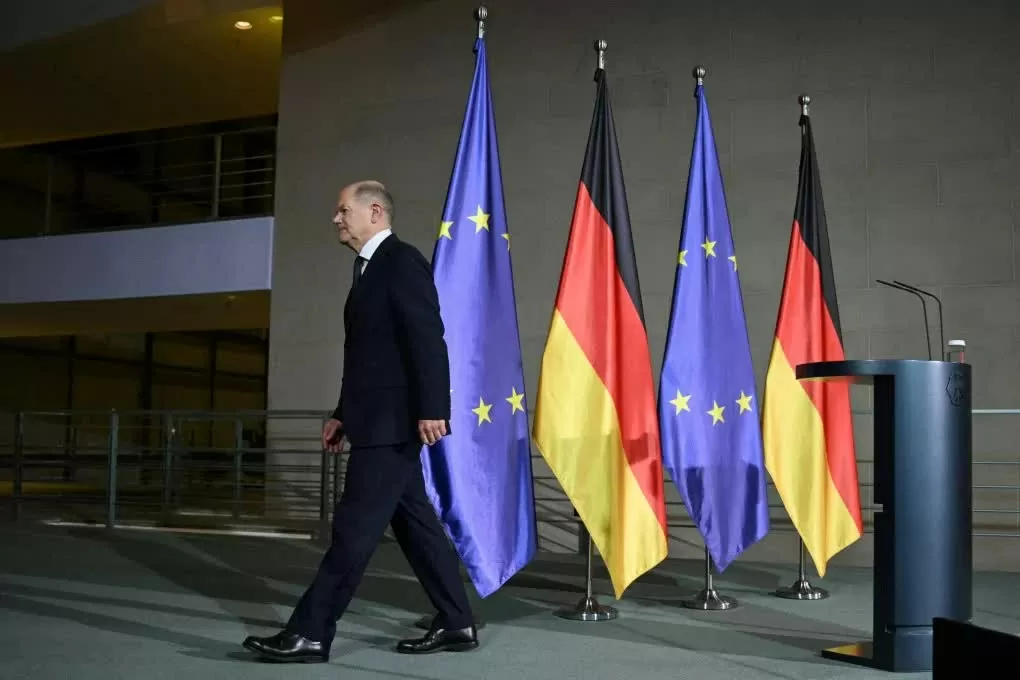 |
| German Chancellor Olaf Scholz wants an early election to take place soon. (Source: Reuters) |
Mr Scholz's three-party coalition collapsed last month after the pro-market Free Democrats withdrew amid a dispute over public debt, Reuters reported.
The move leaves Mr Scholz's Social Democrats and the Greens without a majority in parliament at a time when Germany is facing a deepening economic crisis.
Under rules designed to prevent the kind of unrest that fueled the rise of fascism in the 1930s, President Frank-Walter Steinmeier can only dissolve parliament and call elections if the chancellor requests and loses a confidence vote.
"The motion has been passed," Parliament Speaker Baerbel Bas announced after only 207 out of 733 parliamentarians expressed confidence, 116 abstained while 394 withdrew their confidence.
Speaking in the National Assembly, Chancellor Scholz affirmed that an early general election would be an opportunity for voters to chart a new course for the country, considering it a choice between a future with higher levels of investment and a future of cuts that the conservatives are promising.
For now, he will remain the interim leader until a new government is formed after elections scheduled for February 23.
Chancellor Scholz has outlined a list of urgent measures that could be passed with opposition support before the election, such as 11 billion euro ($11.55 billion) in tax cuts and an increase in child benefits, which have been agreed by previous coalition partners.
Experts predict that Mr Scholz's SPD party will likely keep faith with the chancellor, while the opposition conservatives and the Free Democrats are expected not to do so.
According to the German newspaper DW , after the vote of no confidence, Chancellor Scholz went to Bellevue Palace in Berlin and proposed to President Steinmeier to dissolve the Parliament. The leader will have 21 days to decide whether to agree or not and call a new election within 60 days.
Although he is expected to agree and agree to the proposed election date of February 23, President Steinmeier said he would not rush into a decision, noting that "the constitution and the regulations will decide".
Source: https://baoquocte.vn/duc-thu-tuong-scholz-mat-tin-nhiem-rong-duong-bau-cu-som-297668.html
























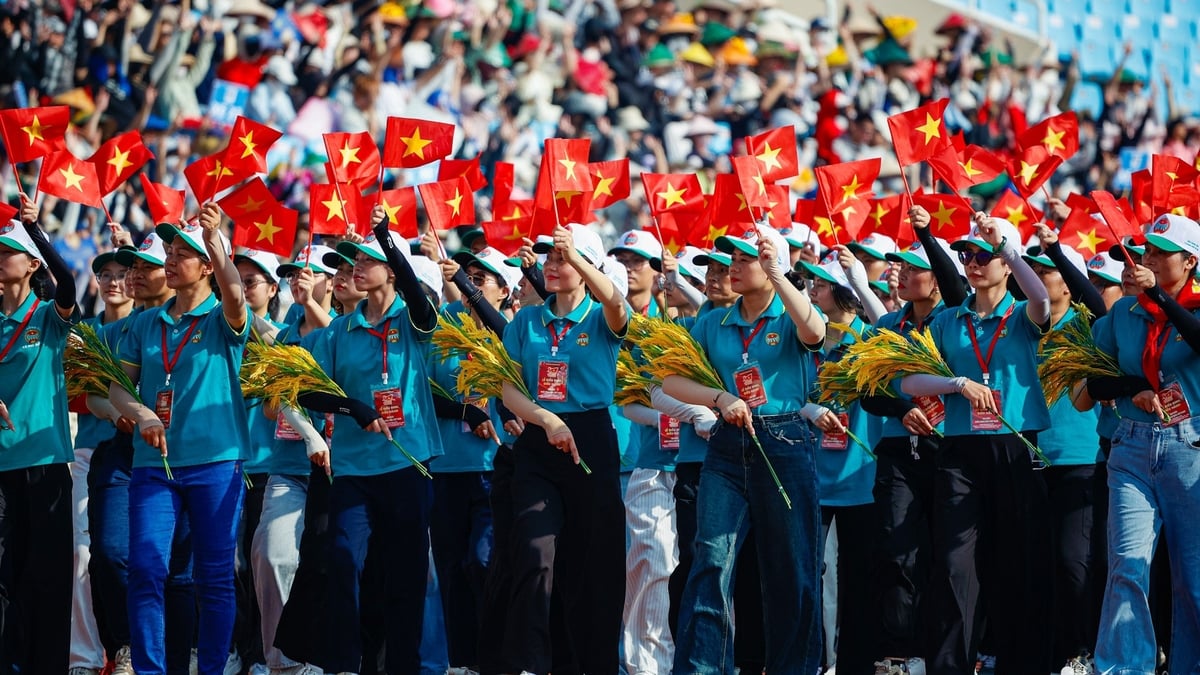
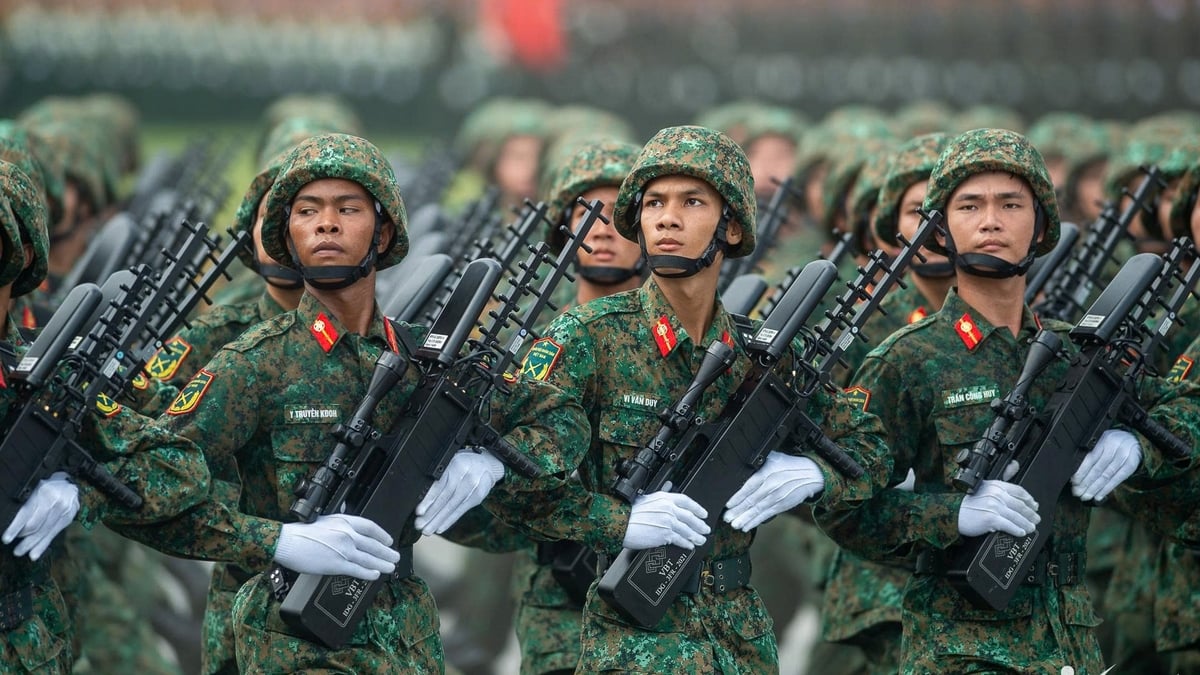


![[Photo] Politburo works with Standing Committees of Lang Son and Bac Ninh Provincial Party Committees](https://vphoto.vietnam.vn/thumb/1200x675/vietnam/resource/IMAGE/2025/8/20/0666629afb39421d8e1bd8922a0537e6)
![[Photo] Prime Minister Pham Minh Chinh receives Australian Foreign Minister Penny Wong](https://vphoto.vietnam.vn/thumb/1200x675/vietnam/resource/IMAGE/2025/8/20/f5d413a946444bd2be288d6b700afc33)



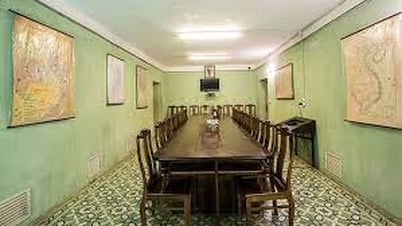



















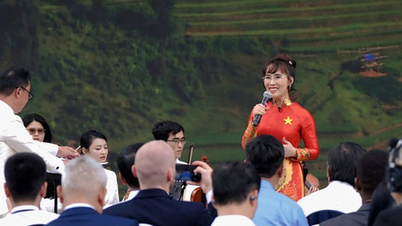













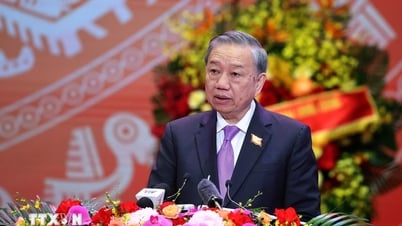




































Comment (0)